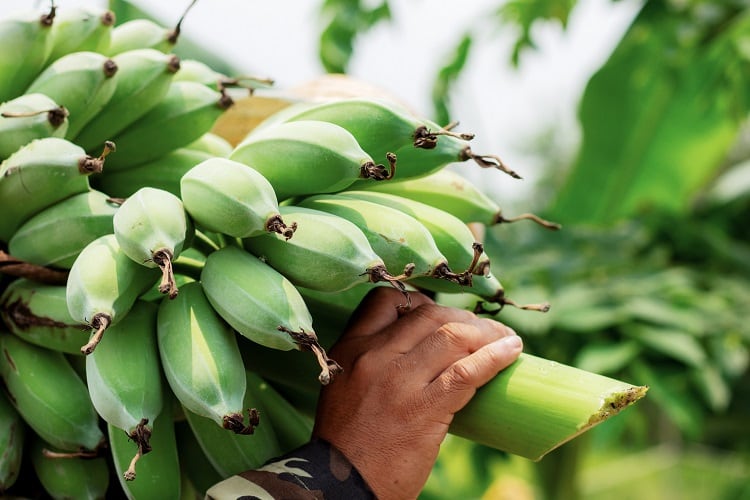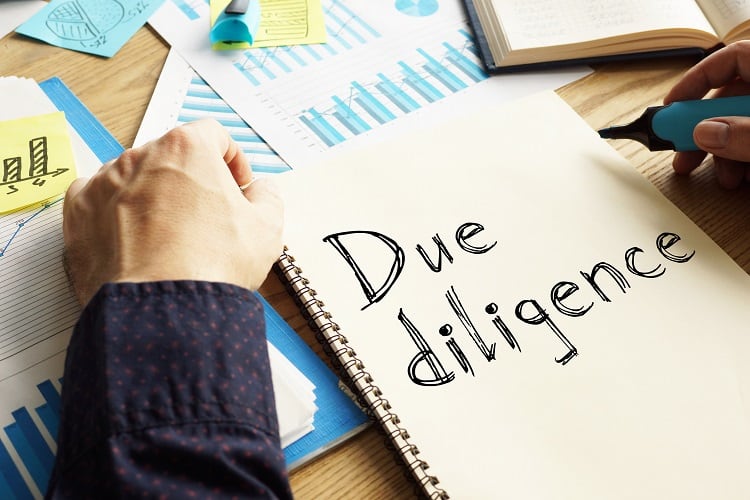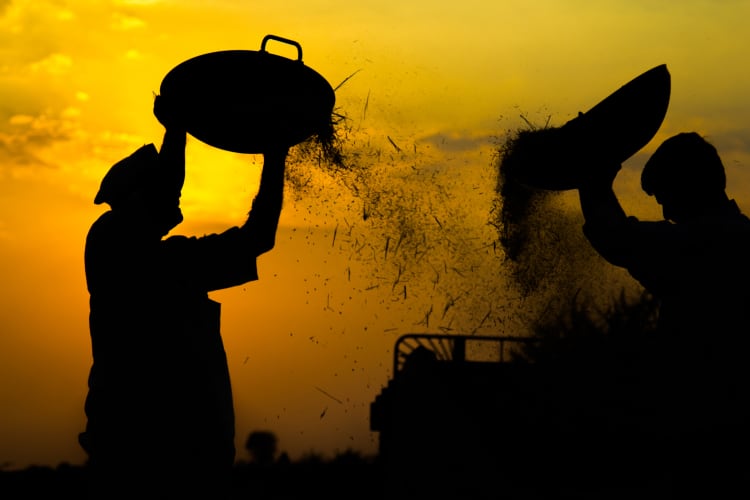Sustained environmental and human rights violations connected to EU food supply chains have prompted policymakers to act.
The European Commission is preparing to enforce a new due diligence law that will set binding requirements for businesses to respect human rights and the environment in their value chains.
The legislation, to be tabled this summer, is expected to penalise businesses that fail to adhere. But will that bring justice to workers impacted by ill practices? The European Coalition for Corporate Justice (ECCJ) thinks not.
“The upcoming EU legislation must oblige companies to prevent harm in their global operations and throughout their supply and value chain,” said ECCJ Director Claudia Saller. “And this obligation has to be enforceable, first and foremost, by way of civil liability.”
Violations present in EU supply chains
Civil liability is a legal obligation that requires a party to pay for damages or to follow other court-enforcements in a lawsuit. As Cornell Law School defines it, civil liability – which differs from criminal liability – is usually brought by a private party to sue for damages or injunctions.
At a recent European Food Forum (EFF) event, Saller explained that civil liability regimes allow victims of corporate abuse to ‘get access to justice and judicial remedy’, which at present, ‘does not exist in practice’.
Workers in the food chain are desperately in need of ‘remedy’, suggested Saller. “Food supply chains contain some of the worst adverse human rights and environmental impacts, [including] worker exploitation, gender-based violence, forced and child labour, the large-scale use of poisonous pesticides, land grabbing and deforestation.
“They are all present in, or connected to, global and EU food supply chains.”
The ‘worst’ violations often occur ‘very far’ down the value chain, the ECCJ Director continued, offering up an example of banana plantation workers in Nicaragua. ‘Thousands’ of workers who used banned pesticides without using protective equipment were left ‘infertile and cancer-ridden’, she told delegates. “Those workers need an enforceable remedy, and they don’t have it at the moment.”
Elsewhere in the world, workers in Southeast Asia are exploited in the production of poultry and fish for the EU market, we were told.
“It is unacceptable that vulnerable workers be left to pay the cost of dealing with their own harm, while on the other side, large companies easily turn a profit from selling those tainted goods in EU supermarkets.”
Growing support
Civil liability, in the context of due diligence legislation, is not new. Civil liability regimes are already present in some national due diligence laws, including France’s 2017 ‘law on the duty of vigilance’, and the Netherlands’ Child Labour Due Diligence Law.
International standards stipulate that remediation of harm is a ‘part of the due diligence package’, Saller continued, referencing the UN Guiding Principles on Business and Human Rights’ third pillar: ‘Access to remedy for victims of business-related abuses’.
In March this year, the European Parliament supported the inclusion of a civil liability regime in the impending due diligence law. Civil society and ‘some businesses’ are also calling for civil liability, said Saller. “We need it because victims need to be compensated when they have suffered harm. It’s as simple as that, because the right to remedy is a human right.”
Consumers, too, don’t want their purchases associated with ‘business-related abuses’, suggested the ECCJ Director. “They don’t want to feel guilty about going to the supermarket. Consumers don’t want to be redressed when they buy a product that is defective or which harms them – but what about the workers or communities harmed when actually making the product?”
Not ‘every single case’ will go to court
Other enforcement measures are also welcome as part of the due diligence legislation, said Saller, such as administrative liability, criminal liability, exclusion from public procurement, or import restrictions on products made with forced or child labour. “It has to be a big package, that’s for sure,” she stressed.
And in practice, it doesn’t mean that ‘every single case’ of harm will go to court. It means that companies making profit from cutting costs that result in harm within exploitative supply chains will be ‘more willing’ to provide remediation ‘in order to save going to court’.
“If the law makes companies solely liable for harm that happens under their direct control, we will never capture the human rights violations that we want to address with this kind of law.”
Ultimately, Europe needs ‘legal certainty’ and ‘harmonised EU roles’ for its value chain civil liability regime, we were told. “Otherwise, there will not be a level playing field across the Member States. That’s bad for business and it’s unfair for victims."




